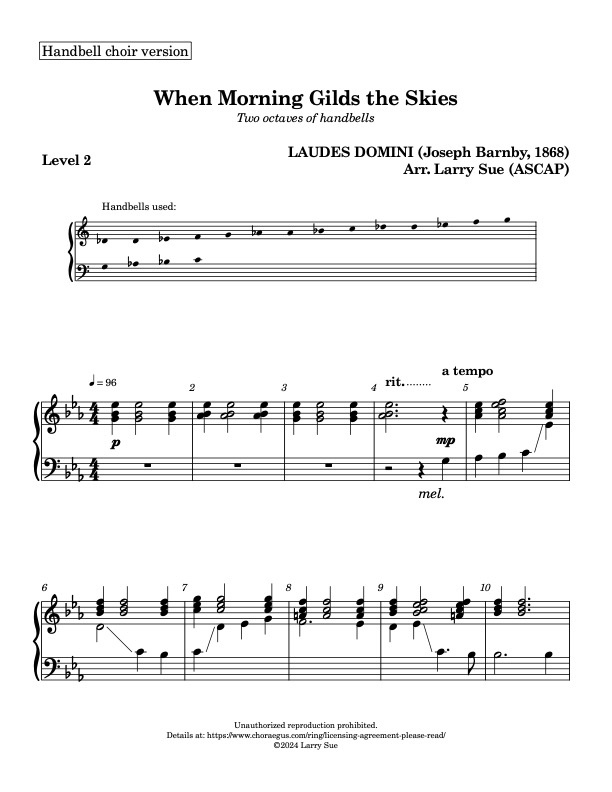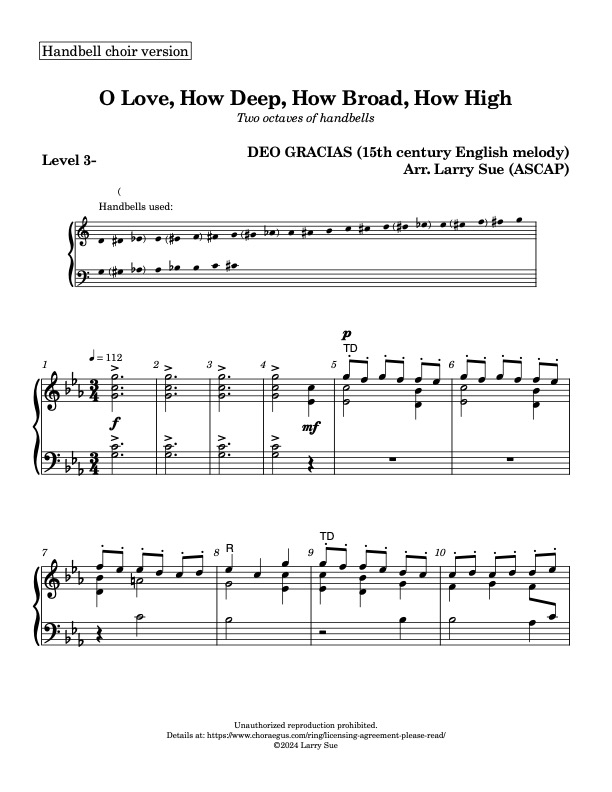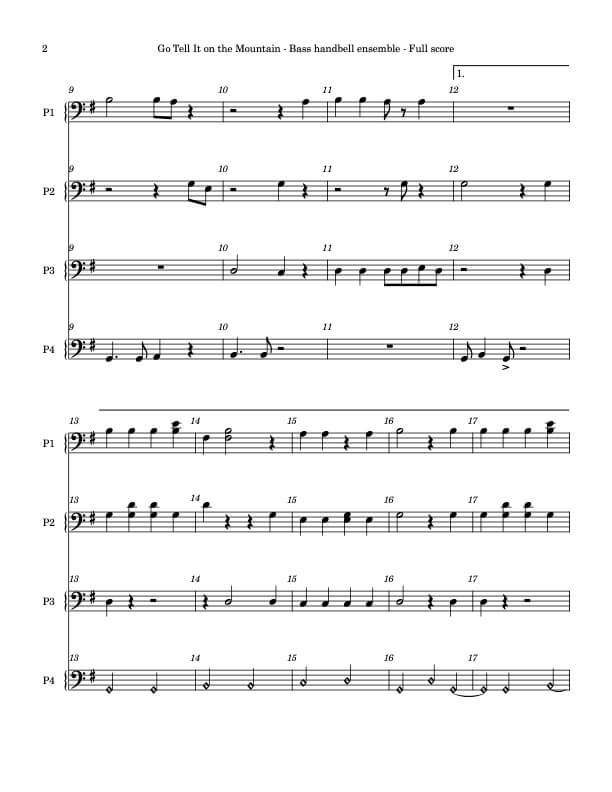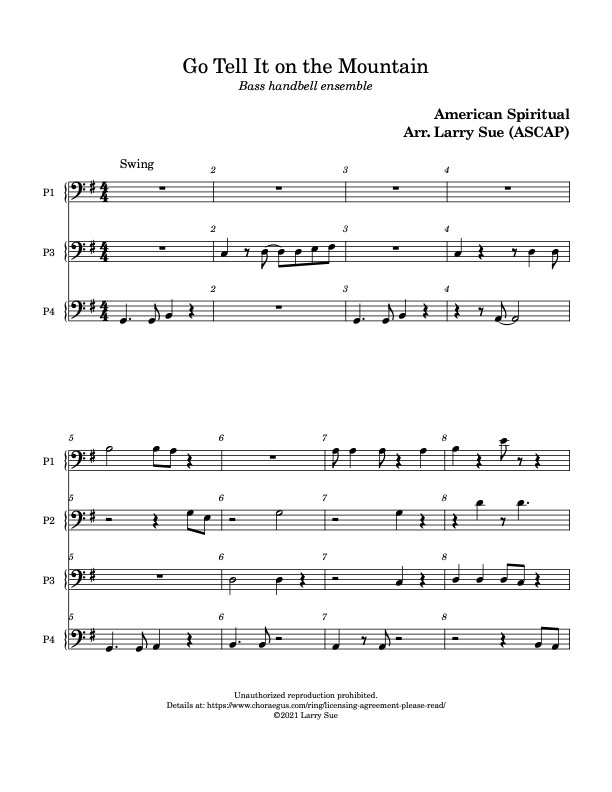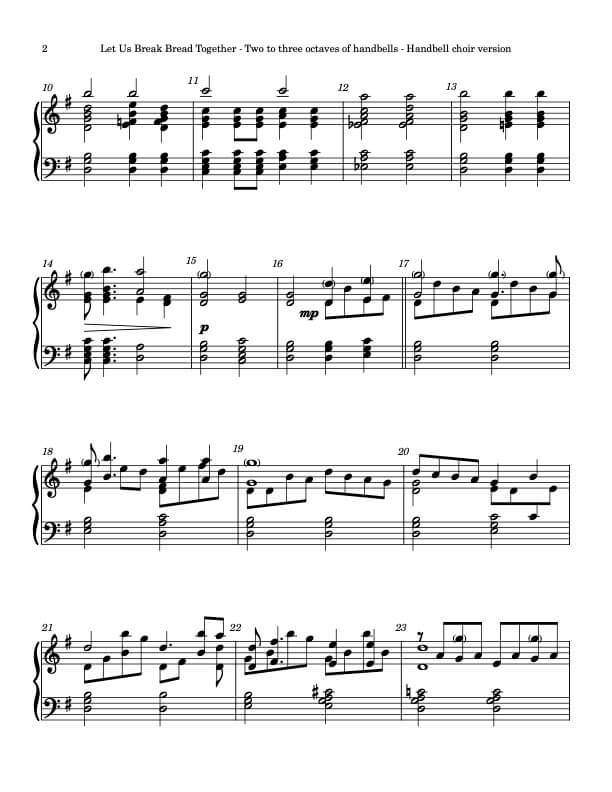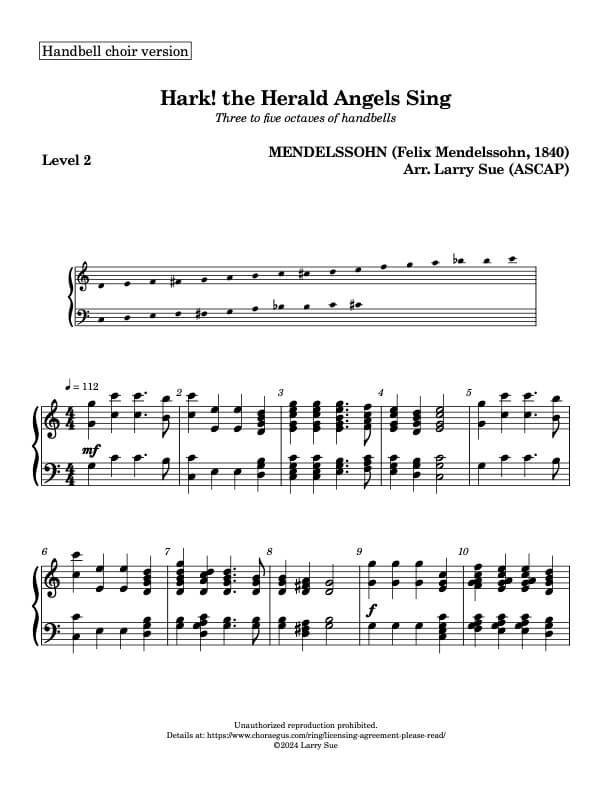The following is from a series of articles I wrote for Living Water, the choir I directed at Valley Church (Cupertino, CA) from 1987-2003, and at First Presbyterian Church (Mountain View, CA) from 2003-2011. While Living Water is no longer in action, the ideas I had the opportunity to present are just as valid now as then.
Worship teams have been a very, very hot topic since the mid-Nineties (yes, the 1990’s), and after some prodding by one of the Valley Church staff members, I wrote four essays on my understanding of, commendations for and concerns about worship teams.
Your opinion, of course, may be different from mine. But here I’ve tried to discuss the issue in as unbiased a fashion as possible. That’s because we each have to come to our own conclusions as to how we worship, and how we serve God.
Part 1 | Part 2 | Part 3 | Part 4
Part 1
At the request of a friend, I’m writing a set of articles about worship teams and what I perceive as their impact on the Church. Worship teams have become a “hot-button” for many churches. I imagine that in some of these churches it’s a hot topic for much more than mere novelty.
As far as I can tell, the worship team movement started sometime in the 1980s, with tremendously well-defined roots in contemporary Christian music. It generally takes on the physical setup of a concert, albeit with lots of audience participation. Although most worship teams probably use a mix of hymns, choruses, and other songs, there are a number of such groups which have adopted a [nearly] pure “contemporary music only” approach..
The movement is an unquestionably valid one in that it has been strong for more than a short period of time (several years is usually enough to determine the staying power of a trend). Also, more and more churches are accepting this approach to worship, though more than a few have taken a more diplomatic approach of having both “traditional” and “contemporary” services.
A quick preview of the subject matter leads me to consider several topics. The first is groundwork for the discussion which follows. Too many arguments have started in Christian circles because people didn’t start by agreeing on their terminology (and since this is a one-sided discussion, I therefore am forced to relate my own terminology to you). The second topic is commendations of the worship team movement; the third is concerns about it. Finally, I’m going to tie everything together – or at least try…
Groundwork:
I’m going to assume that a “worship team” is a relatively small (say five to eight people) group of musicians who are tasked with the responsibility of leading the music in a worship service. In some cases, this will mean that they assume control of the entire service; in others, it means that they share the time with the pastor or some other speaker.
The actual instrumentation of a worship team doesn’t matter all that much. I figure that most of you who are involved with such a group use keyboard/piano, guitar, probably percussion, and possibly other instruments (flute, sax,…) – plus an abundance of microphones for all this plus vocals. Some of you also use something like a slide projector or overhead projector to display songsheets (do you have a CCLI license?), and those of you who are really sophisticated may be into all sorts of nifty electronic toys.
Your structure probably is that you have a designated leader, such as your music minister, who programs the songs you sing, leads rehearsals, and coordinates equipment and such (or maybe you’re less centralized than this).
Let me say right up front that you shouldn’t enter this discussion (one-sided, as I mentioned earlier) with a bias about worship teams. I’ll tell you right now that I’m still in an ambivalent state over the idea. I recognize that some people are able to worship tremendously well in a worship team setting; I also recognize that there are those who are much more comfortable with a traditional service. There also is the aspect of worship leading which reminds us that no matter what we sing, someone will like it – and someone else won’t (by the way, my tongue-in-cheek credo of music ministry is that we “try to offend everybody equally”… take it for what it’s worth, but don’t take it literally!).
Okay, I think that takes care of the groundwork. Onward!
Part 1 | Part 2 | Part 3 | Part 4
Part 2
Here are my commendations of worship teams’ contributions to the Christian worship experience:
- Worship teams have opened new avenues of approaching God in the church service. A new approach generally makes us sit up and take notice. It’s good for us to experience something new every now and then so that we’re bumped out of ruts into which we may have fallen. This, after all, is the fundamental principle of growth: you have to try something new.
- Worship teams have answered a great worship need in our churches. Overall, there has been a lack of contemporary music in some churches, and this sometimes has meant that the young (e.g. teenage and some number of surrounding years) people have left their parents’ churches for other congregations which worship using a form of expression to which they better relate. Remember, the worship experience is dependent on our being able to relate to the way in which our worship is expressed; the reason for this, of course, is that worship is a manifestation of our personal relationship with our God. And so, in some cases, worship teams actually have been responsible for retaining the teen population in their churches.
- Worship teams provide an atmosphere where nearly anyone can participate in the service. One reason for this is the prevalence of choruses as worship team repertoire; they’re easy to learn, they’re easy to teach, and they usually are easy to sing. Also, some worship teams use hymns, and are able to make their services work on the strength of the familiar (read “first”) verses of those hymns.
- Worship teams are cost-effective. You probably were wondering when the infamous bottom line would rear its ugly head. Well, here it is. Worship teams take advantage of the fact that most of their musicians own the equipment (e.g instruments) they use. This means that the church doesn’t have to buy them, and that the expenses thus avoided may release funds for other purposes.
Next: the concerns…
Part 1 | Part 2 | Part 3 | Part 4
Part 3
Here are my concerns about worship teams:
- Some worship teams, by their very nature, tend to gravitate away from traditional development and multiplication of technical skills. The structure of more than a few worship teams is that of a well-skilled pickup ensemble which can prepare (or sight read!) a package of material on very short order. Please forgive me if your worship team really does practice, but my experience seems to tell me that the skill level in such groups is so high that practice half a hour before the service isn’t detrimental. The “pickup” situation lends itself to use of shorter, less technical, and more patterned songs in order to keep the repertoire reasonably manageable – and that could indicate a need to aim for a higher level of expertise and quality.
- Worship teams can inadvertently foster elitism within the church. Because of their skill, no one else in the church can keep up with them. Because of the structure of using electronics (or just photons), the congregation frequently ends up learning all of the songs by rote. I personally find this a distraction because I very much prefer to learn songs by following the score. The long range of the matter is that there is a potential for a worship team approach to result in a “musical priesthood,” where, not unlike the Middle Ages, a very few people understand the principles of reading and interpreting music and the vast majority are [musically] illiterate.
- Worship teams, if not carefully maintained and supported, can become a vehicle by which the musical education of the congregation is inhibited – or prohibited. The limited number of people involved in a worship team, coupled with the tendency to use optical, words-only transmission of lyrics (under CCLI license!), does not provide for the average church member to improve his or her musical skills. This is because a rote learning approach to acquiring songs produces quick results, but ultimately doesn’t provide a technical musical education. It’s a lot like giving someone a fish as opposed to teaching him how to fish.
- Worship teams can, by their choice of repertoire, cheapen the doctrinal stance of a church. I’m not militating against the use of choruses, but I present a warning about them: Doctrinal depth frequently is lacking in choruses; in fact, many, many choruses are experientially- or even emotionally-oriented, which means they possibly are not grounded solidly on the doctrine presented in the Bible. It bothers me that there has been a recent stream of mass-produced songbooks with largely job-shopped choruses which is sold under the heading of “music.” It’s not that I can (or want) to do anything about it; it’s just that paying too much attention to the subjective/experiential and emotional militates against the need for each of us to be grounded on the Rock, Jesus Christ.
- Worship teams, by their sheer expertise, can shoot themselves in the foot. Having a worship team, as far as I can tell, is okay. However, since the best musicians in the church are frequently up front, then it means that there’s less time to be involved with those who are outside the group. The ultimate result could be a day when everyone on the team retires and no one in the congregation is equipped to take their places.
10/11/2002: But I point out this additional fact: Everything above is equally true if you substitute “choir” for “worship team”…
Part 1 | Part 2 | Part 3 | Part 4
Part 4
Conclusions:
There are any number of conclusions which you might draw from what I’ve written. Some of you undoubtedly will say that I’m against using worship teams in the church. Others of you will say that I’m for them, but with reservations. Given the content of Part 3 of this dissertation, I’m pretty sure none of you will say that I’m completely in favor of them. In actuality, though, what I’m trying to do is to sensitize you to what I feel are the issues involved with worship teams, their effectiveness in the worship service, and the implications they make in terms of the big picture.
First of all, I appreciate the fact that worship teams have largely accomplished their stated purpose: To draw the people in the congregation to worship. This is true especially of the younger segments of the population because of the musical styles used and the format’s resemblance to a special kind of sing-along concert. Worship teams have also probably agitated more than a few other people who feel less comfortable with this approach to worship.
Worship teams have also led to some huge business opportunities. There are some well-known companies which are out there making (literally) tons of music appropriate to a worship team setting. While the issue of spending money in and of itself is amoral, the act of how you spend it – i.e., stewardship – is the critical issue. I’m not implying that our investing in a worship team is a waste of resources (far be it from me to do this; after all, I’ve also been part of a worship team), but the consideration of what sort of worship you get for your expenditures is an important one.
There probably are some people out there who are thinking, “Is it all a fad?” I don’t have an answer for that question, and I don’t know if anyone else does either. The logical reason for this, of course, is that fads are determined to have been fads only after they’re well down the road to extinction. Since worship teams are thriving and aren’t showing any signs of disappearing, the result is still unknown. So I have no easy conclusion to offer.
However, I would like to pose some questions for your evaluation. The best way to determine whether worship teams are meeting their intended purpose in the best possible way is to take a careful look at what’s involved, and to see if there are ways to improve on what we’re doing. I hasten to add, however, that your answers will almost certainly differ from mine in at least a few minor respects because (1) we’re different people, (2) we probably go to different churches, and (3) we probably have different musical skills and surroundings. So: onward to the questions. You are fully entitled to disagree with my thoughts here, but please be honest in your answers to them, because God will one day hold each of us individually responsible for our faithfulness and integrity in ministry!
- Is the music overly experientially- or emotionally-oriented? This, perhaps, is the main objection not only to worship teams, but to contemporary Christian music in general. While it is true that some modern songwriters put a thoroughgoing focus on their lyrics, I personally wonder about the doctrinal stance of some others. Hymns have stood the test of time because they largely are doctrine-focused (how long have we been singing “A Mighty Fortress Is Our God,” anyway?). On the other hand, songs which don’t have a doctrinal basis or treatment seem to disappear more easily. The reason for this, of course, is that lyrics which are based on the truth of Scripture have a permanent anchor in the Word of God; lyrics which are emotional or experiential begin to lose relevance when our feelings or circumstances change. I fully believe that it’s possible (and reasonable, and right) to have music which is both doctrinally-based and contemporarily-styled; I’m just not sure of how much of it is around…
- Does the music promote excellence in spirituality, character, and life? God is still in the business of requiring us to be perfect because He is perfect (Matthew 5:48). He is also still interested in the sanctification of His people, that is, in conforming us to the image of Christ (Romans 8:29-30). Because music is one of the prime corporate expressions of worship in the church, it should serve to draw us closer and closer to God not only in our experience and feelings, but also in our foundational beliefs and in the way we live them out. Do bear this in mind: If the applicability of the lyrics is suspect (be picky, picky, picky!), then the music can’t do anything to help them. As I like to say, “Great music with bad words is perfume in a cesspool.” And, ultimately (and rightly so), some of us will claim that the applicability of the song is in proportion of the strength of the doctrinal focus.
- Do the music and its presentation by their very combined nature lead the entire congregation to musical excellence? I mentioned earlier that there is a perceivable danger of degrading the singing life of the church into a “musical priesthood.” The thought behind this picture is that of the Middle Ages, where people listened to their leaders and did what they were told to do because they couldn’t read the facts for themselves. I admit that, in being a musician, I probably am strongly biased in this matter, but I believe that those of us in musical leadership have a responsibility to lead our congregations to musical excellence (much in the same way our pastors are called by God to lead us to spiritual maturity where we will know how to wield the Word of God properly as wise believers). I believe in teaching people how to fish rather than merely giving them fish to eat, and so I aspire to bringing my fellow church family members to a state where they can read, understand, and interpret the written music on their own. Rote learning has never done this, and it never will.
A peripheral issue: By the way, if we don’t bring our congregations to musical excellence, who’s going to be in our worship teams once we’re gone?
- Is the resultant musical expression perceived as worship or performance? This is a very real danger in view of the familiarity of the worship team format. I’m not saying that the actual format is wrong, but I’m pointing out that the setup can lead to connotations and associations which might blunt your ministry. I believe that it’s our job to make sure that everyone starts the songs together, and then to get out of the way as much as possible. We need to be up front to lead, true, but if we’re there to lead the congregation to worship God, then demonstrations of virtuosity must not be allowed to overwhelm the higher glory into which we should be entering!
Now wait a minute! I’m not advocating a carbon-copy, plain vanilla approach to ministry. We may be equal in Christ, but we certainly are not all the same. And so the expression of each of our ministries must have the Creator’s own unmistakable just-for-me touch. We should express ourselves, but we also must maintain a continual perspective on what matters: God.
Well, that should be enough… I hope I’ve given you some food for thought. My goal in presenting this series of articles has not been to sway you to my particular views of how worship ought to be conducted, nor has it been to create divisions in the church. It’s been to encourage you to think about how you worship, and what it means to you, and how it builds your spiritual maturity in Christ. I’m not saying that worship teams are wrong – but neither am I saying that they’re right. And if I’ve motivated you to do some thinking about this issue, then I’ve accomplished what I hoped to do in the first place.
God bless you as you glorify Him in your ministry!


